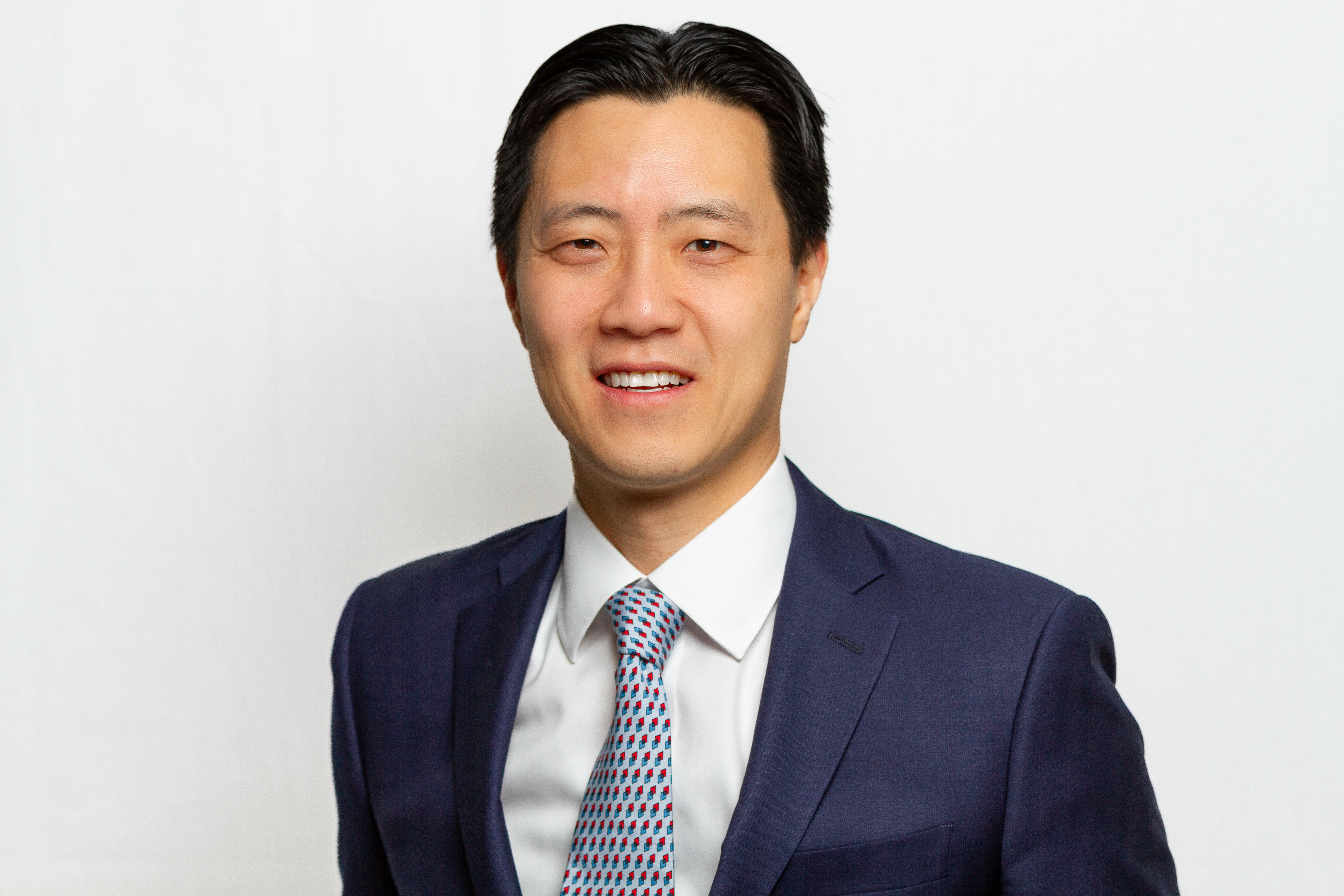
The Road to Trust
My tire pressure warning light came on the other day. This is not the type of light that makes your day; it’s not holiday lights strung about your home or a cozy candle on a dark and rainy afternoon. It’s a light letting you know that something’s wrong. Even worse, it’s a light signaling something I can’t fix myself; I need someone, an expert, to tell me what to do.
Thankfully, I’ve had the opportunity to work with a particular mechanic that has earned my confidence over time. In the car-repair world, that means when he tells me I need a major repair, I know that I actually need to shell out the money now to avoid incurring greater expenses down the road. This confidence wasn’t built on blind trust. It took time—word-of-mouth recommendations and numerous online reviews before I brought my car in initially, then consistently good, honest, quality service over multiple visits.
For example, one day, right before the icy winter season, I noticed some issues with the brakes and came in for a replacement, figuring better safe than sorry. After inspecting the vehicle, the mechanic figured out that while the cheaper brake pads were indeed worn out and needed replacing, the more expensive brake rotors themselves were still in good condition and wouldn’t require any attention for a while yet. This was good news on two fronts, as I was able to save some money shorter term, and now I know where I’ll go when it does come time for new rotors.
Ultimately, building confidence (and repeat business) comes down to reputation and the right incentive model. A similar process is inherent to developing and maintaining confidence in an investment manager. At Crewcial, our investment process is multi-dimensional and not one-size-fits-all, though we’ve identified certain characteristics across managers that better suggest their ability to deliver exceptional investment performance over time in the best interests of our clients.
- Majority employee ownership: Having most, if not all, of a manager’s equity in the hands of its employees provides a key incentive for an investment manager to deliver exceptional investment performance, grow its firm in a thoughtful and sustainable way, and take seriously any reputational risks when making decisions.
- Aligned interests. Without an investment in its own funds, there’s the potential for an investment manager to take on too much risk without ‘skin in the game,’ or too little risk if the manager is simply trying to ensure it maintains the status quo for a steady payout. It’s also important to ensure that the firm and its employees aren’t involved in external or internal activities that may jeopardize their exclusive focus on generating exceptional performance for clients.
- A consistent focus on what they’re good at: This speaks to passion, a well-defined philosophy, and an edge, not simply pursuing what sells—just like you don’t want your mechanic to be cross-selling insurance services, you don’t want your equity investment manager to be managing a fixed-income portfolio to simply pay the bills.
Ultimately, just like my mechanic knows that providing honest advice and giving up some short-term gains builds long-lasting confidence and ultimately long-term value for both himself and me, at Crewcial, we know that our continued, consistent ability to access investment managers able to deliver exceptional returns is what leads our clients to maintain confidence in our advice. Because, as they say, trust is earned, respect is given, and loyalty is demonstrated. Betrayal of any of those is to lose all three.
 Albert Lim
Albert Lim